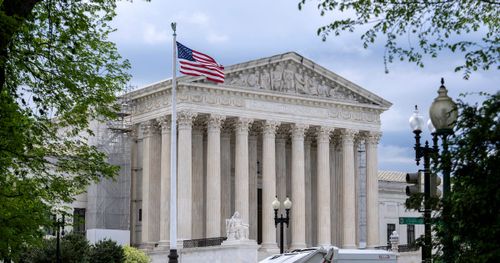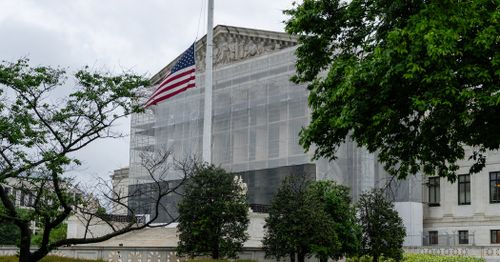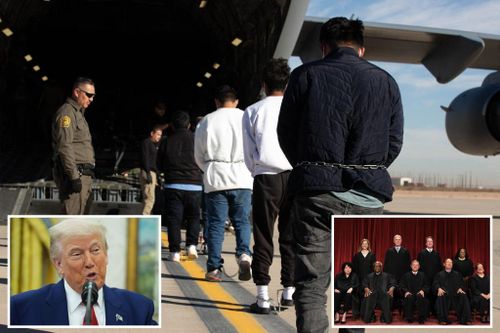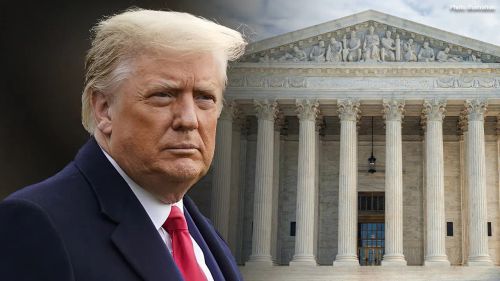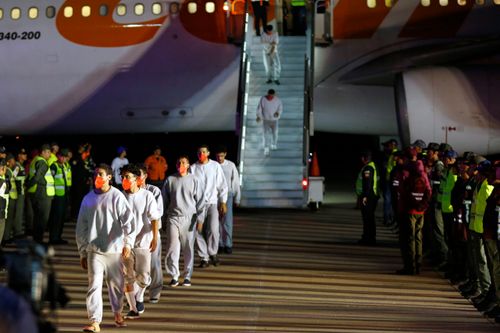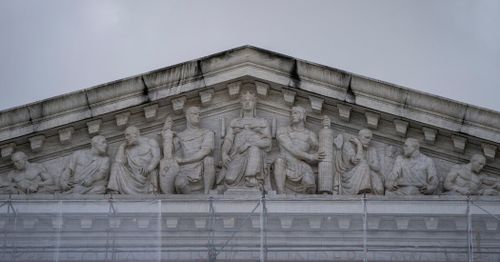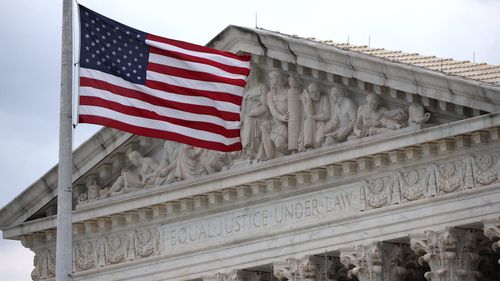Supreme Court lets Trump revoke safe-haven program for Cubans, Haitians, Venezuelans and Nicaraguans
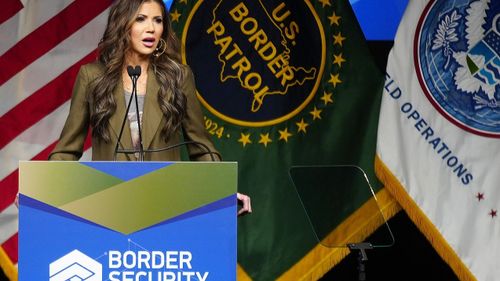
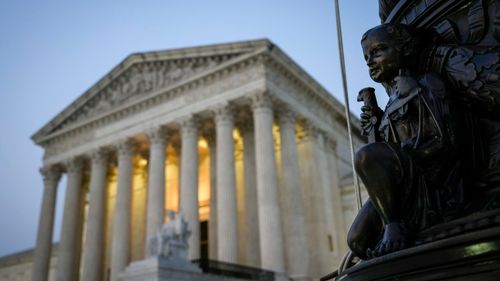
The Cuba, Haiti, Nicaragua and Venezuela parole program, known as the CHNV program, is similar to programs created in the wake of the Russian invasion of Ukraine when some 200,000 people were granted temporary parole, and the U.S. military withdrawal from Afghanistan, when more than 76,000 Afghanis fled, many of them people who worked to assist U.S. forces there.
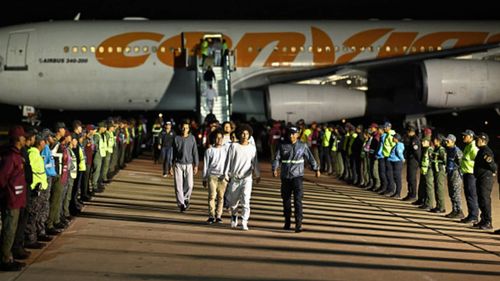
Friday's ruling by the high court related to an executive order by Trump on Jan. 20 that instructed the Department of Homeland Security to terminate all so-called "categorical parole programs," or CHNV parole, which allowed certain immigrants to live in the United States for up to two years, and for some to legally work in the U.S. A group of plaintiffs challenged the DHS's revocation of the programs in federal court in Massachusetts, where a judge stayed the department's action after finding that federal law "requires that parole terminations occur on a case-by-case basis, rather than en masse," Jackson's dissent noted.

On his first day back in office, President Donald Trump signed an executive order directing DHS to “terminate all categorical parole programs,” including the “processes for Cubans, Haitians, Nicaraguans, and Venezuelans.”

